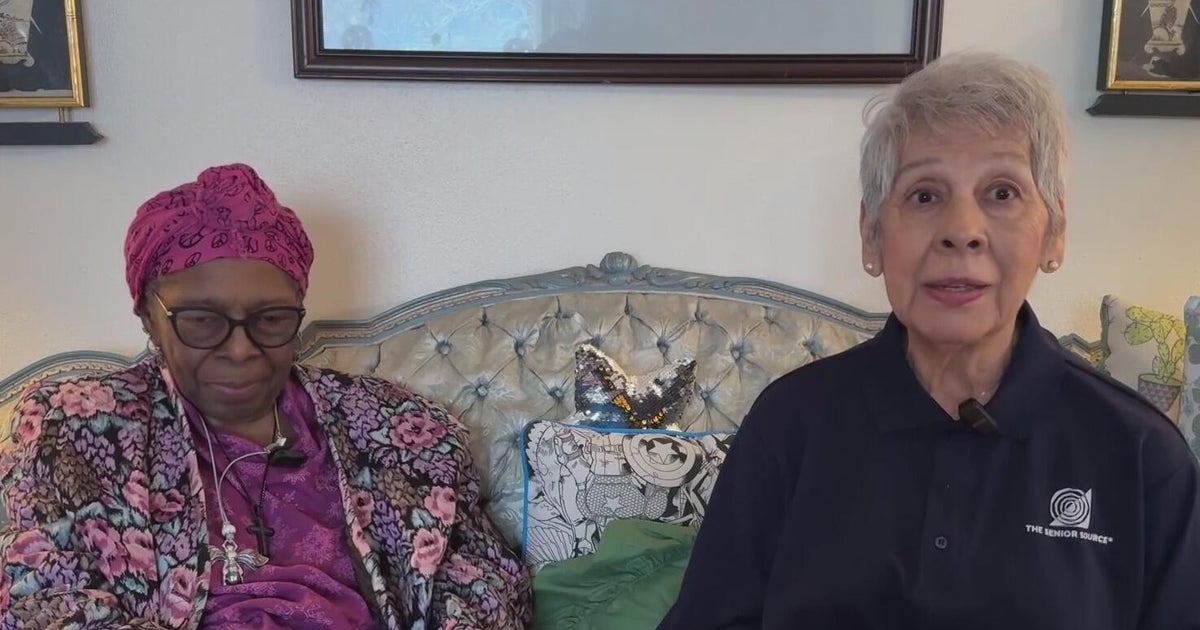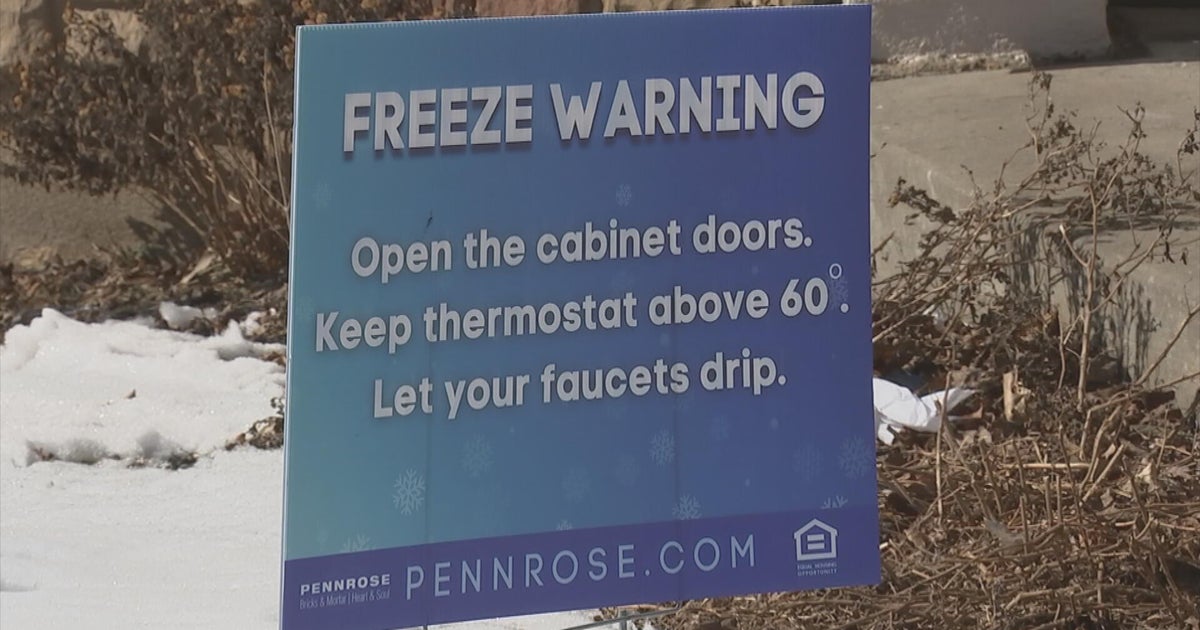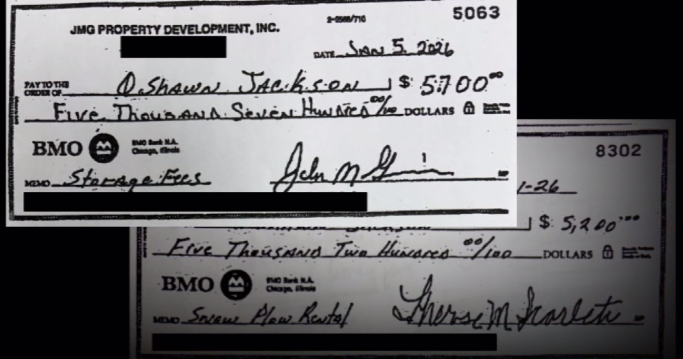Some North Texas Renters Unable To Cut Cable TV: 'We Should Not Be Forced To Pay For Something We Cannot Afford'
NORTH TEXAS (CBSDFW.COM) - You may not want it, need it or like it, but you still may have to pay for it.
When renter Susan Chandler learned she owed $89 for cable TV she didn't want, she called her landlord immediately.
"I said, 'I can't afford an extra $89,' [and] she says, 'Well, I guess you best start looking for another place to live,' and I said, 'Yeah, I guess I better.'"
Chandler said in June, Lake Village North Apartment Homes in Garland installed Spectrum in all units.
"It's not right," Chandler said. "We should not have to be forced to pay for something that we cannot afford."
Agreements that automatically charge residents for technology packages are becoming a fixture at certain rental properties.
The practice is better known to some as bulk billing.
In exchange for providing Internet and cable to all units, multi-dwelling units can include the cost of a technology package in a renter's monthly bill, whether tenants want the services or not.
Twelve of the 14 properties Camden operates in Dallas-Fort Worth use bulk billing arrangements.
Cottonwood Residential, a management company based in Utah, uses bulk billing at eight of the 10 properties it operates in Dallas-Fort Worth.
Meanwhile, Lincoln Property Management, which runs 49 properties in the Metroplex, only uses bulk billing at two of its communities.
LaToya Martin lived at the Oaks of North Dallas, which is operated by Cottonwood Residential.
The company did not respond to repeated requests by The Ones For Justice for comment.
"When I renewed my lease, I had no idea," Martin said. "When I went to review it, it was there."
When Martin renewed her lease, the contract included an add-on: $70 for cable she said she couldn't afford.
Soon after the price hike, Martin moved out.
"It's a bill I don't need," Martin said. "It's making me spend more money when I don't have to."
Technology packages join the long list of mandatory amenities renters already face in many communities, according to Sandy Rollins, the executive director of the Texas Tenants' Union.
"It goes way beyond nickel and diming," said Rollins.
She argues that fees for services such as valet trash, package pick-up and pest control take money away from other necessities.
"It can eat into other necessities, cable is not a necessity," Rollins said. "Food is a necessity, medicine in some cases, is a life-saving necessity."
But some companies, such as Camden, argue most residents want cable.
"Camden's Technology Package currently includes high speed internet, Wi-Fi, cable with 250+ popular channels, streaming apps, and equipment all for a reduced rate to our residents. Our Technology Package is approximately 30 to 50 percent less than retail and we periodically poll our residents to ensure cable is still a value. A recent survey at one of our Dallas communities indicated a significant percentage of residents preferred to keep cable and several stated that losing cable would make them reconsider living at our community," said Linda Willey, Camden's director of ancillary service.
Groups like the National Apartment Association echo the belief bulk billing offers savings.
"The marketplace is very competitive and our owners and operators are putting together these amenity packages to attract people to their community," said Jodie Applewhite, the manager of public policy at the National Apartment Association.
But despite the discount, Chandler said she' still spending money on something she never wanted.
"We should have a right to say whether or not we want it," Chandler said.
Lake Village North, where Chandler lives, is operated by Madera Residential. A spokeswoman said that some of Madera's DFW properties require tenants to pay for cable, but would not clarify which ones.
The Ones for Justice called various apartment communities across Dallas-Fort Worth to see how many properties require tenants to pay for a technology package as part of their monthly fees.
See our findings here:
Property management companies can and do make a profit off bulk billing arrangements.
Camden estimated it made millions of dollars in 2018 and 2017 due to bulk internet and other utility re-billing programs, according to filings with the Securities Exchange Commission.
Tenants should always read the paperwork before renewing an apartment lease. What renters agree to during their first lease may not always apply the second time around.







